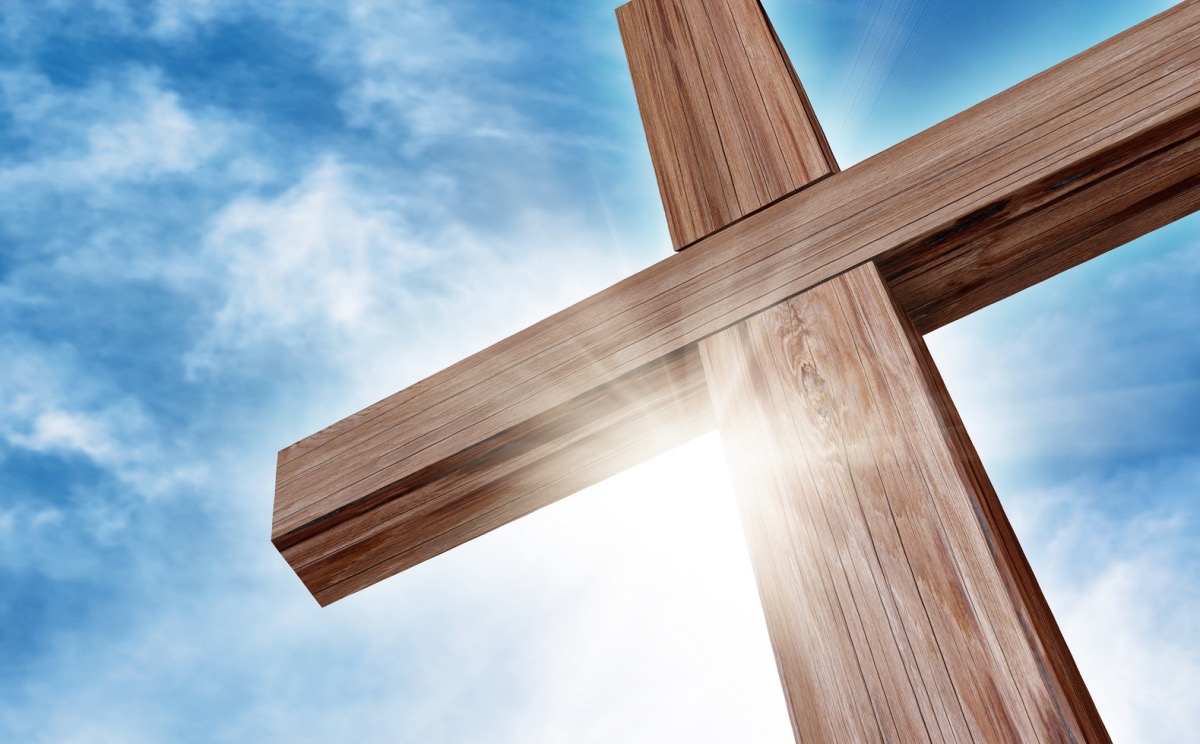
MATTHEW SMEAL reflects on the importance of hope…
Sydney, Australia
A friend shared this quote with me recently: “The difference between sadness and depression is that depression is sadness without hope”.
The quote is from Tal Ben-Shahar, the best-selling author, teacher and speaker in the fields of psychology and leadership.

PICTURE: B-C-Designs/iStockphoto.
My friend thought it would resonate with me because of the work I do, which has largely been documenting poverty and healthcare issues for NGOs. And while I don’t normally go in for pop psychologists, happiness coaches, and live-your-best-life experts, my friend was right, it did resonate. It made me think, and ponder, and think some more – all because of that one word: hope.
Christians like the word hope – a lot. Hope (the word) permeates so much Christian communication from churches and Christian charities to book titles, greeting cards and radio stations because hope (the concept) is central to our faith.
“[I] see how Ben-Shahar came to his own understanding of hope: depression can be all-consuming under the weight of a grief that knows no end. Yet sadness, when paired with the hope of a better future, does not overwhelm but can be endured. The difference, indeed, is hope.”
“’For I know the plans I have for you,’ declares the Lord, ‘plans to prosper you and not to harm you, plans to give you hope and a future’”, we read in Jeremiah 29:11.
And the Psalms are full of the word, such as in Psalm 9:18: “But God will never forget the needy; the hope of the afflicted will never perish.”
And Psalm 62:5-6: “Yes, my soul, find rest in God; my hope comes from him. Truly he is my rock and my salvation; he is my fortress, I will not be shaken.”
But we see God’s promise of hope as early as Genesis 3:15, in what is often referred to as the proto-Gospel or ‘protoevangelium’ – the first Gospel, where God rebukes the serpent: “And I will put enmity between you and the woman, and between your offspring and hers; he will crush your head, and you will strike his heel”.
It is the first notion of a coming messiah, and we have lived with that promise of mercy, grace, salvation and hope ever since.
Reading these verses – and many others – I see how Ben-Shahar came to his own understanding of hope: depression can be all-consuming under the weight of a grief that knows no end. Yet sadness, when paired with the hope of a better future, does not overwhelm but can be endured. The difference, indeed, is hope.
One of my all-time favourite verses is Hebrews 11:1, “Now faith is being sure of what we hope for and certain of what we do not see.” We hope for Jesus and everything His death and resurrection entails.
So did the Apostle Paul. Writing in I Corinthians 15, Paul says that if the resurrection didn’t happen, that if Christ had not been raised, then our preaching and our faith are useless; that if we have this wrong, our faith “is futile” and we should be “pitied more than all men”.
When we return to Hebrews 11, we need to ask ourselves if we are sure of what we hope for and if we are certain of what we have not seen. Our faith is based upon that hope.
Romans 8 explains it well. “For in this hope [the death and resurrection of Jesus] we were saved. But hope that is seen is no hope at all. Who hopes for what they already have? But if we hope for what we do not yet have, we wait for it patiently.”
II Corinthians 4:18 goes there too: “So we fix our eyes not on what is seen, but on what is unseen, since what is seen is temporary, but what is unseen is eternal”.
So, the foundation of our faith is hope. If we have faith, we have hope; if we do not have hope, we do not have faith.
But for hope to exist, there first needs to be a problem. Going back to Genesis chapter three, sin had just entered the world. And to endure the coming consequences, God gave us hope.
We rely on our readers to fund Sight's work - become a financial supporter today!
For more information, head to our Subscriber's page.
Today in Ukraine we witness heinous war crimes through an unprovoked invasion, the targeting of civilians, mass migration, and an overwhelming humanitarian crisis.
Sri Lanka has been gripped by civil unrest, violence, protests and uncertainty as the country’s economy goes in freefall.
The people of northern New South Wales, Australia, are still reeling from recent floods and the knowledge that what was once devastating but occasional, is growing in frequency and intensity every year.
The need for hope is everywhere.
We all need hope. But we also need faith that our hope is real. Modern language would caution us against having a false hope or a fool’s hope. Paul would just say we are to be pitied if we’re wrong.
But we know our hope is real. Paul knew it. The apostles knew it. Millions before us have known it. And millions around the world today know it.
We can endure the sadness at the state of the broader world, or the minutiae of our own private one, because we have a true, eternal, and loving hope. Without it, the future is just too depressing.

Matthew Smeal is a Sydney-based writer.





